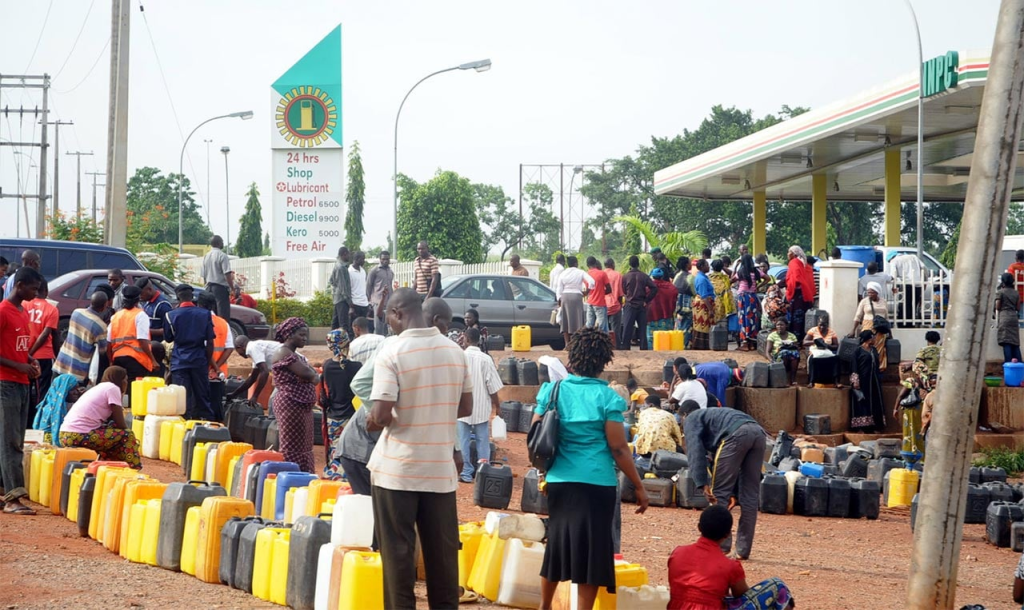News
Niger, Benue, Kano marketers hike fuel, blame transportation cost

Oil marketers have increased the pump price of petrol in northern states including Niger, Benue, Kano, and Plateau.
The Independent Petroleum Marketers Association of Nigeria confirmed the price hike on Sunday, November 5, and attributed it to the high cost of diesel used by trucks that transported petrol from the South to the North.
It was gathered that the ex-depot price of petrol at private tank farms had increased to between N610/litre and N615/litre, forcing independent marketers to raise their price at filling stations to between N630/litre and N680/litre, depending on the location of purchase.
Ex-depot price is the price marketers buy products at the depot and it determines the price at which they will sell to motorists.
About two weeks ago, the cost of petrol at filling stations operated by independent marketers in the North ranged from N617/litre and N625/litre, but it has now increased to between N640/litre and N680/litre.
Independent marketers operate about 70 percent of filling stations nationwide, hence they supply petrol to most Nigerians across the country.
Explaining the price hike in the North, the spokesman for IPMAN, Chief Ukadike Chinedu, said, “You know that because we are importing PMS, the products come in through the coastal areas. So trucks travel several kilometres to come and get products from these coastal areas and distribute them to the far North and other distant regions.
“We have problems associated with logistics. The forex rate and diesel price are also key issues. The price of diesel is about N1,200/litre. We use diesel to move the trucks that convey products to filling stations.
“We also have bad roads, as most of these trucks spend close to one week on roads while trying to move products to retail outlets. All these things are expenses and at the end of the day it will definitely add to the pump price.”
On his part, the Secretary of IPMAN, Abuja-Suleja, Mohammed Shuaibu, said the cost of running the business was becoming too high, stressing that the government should intensify efforts in getting refineries to work.
“The price of petrol will continue to fluctuate as far as we use forex to import it. We all know that there have been fluctuations in the forex rate. So the main solution is domestic refining of crude and until we get our refineries working, we will continue to experience these challenges,” he stated.



